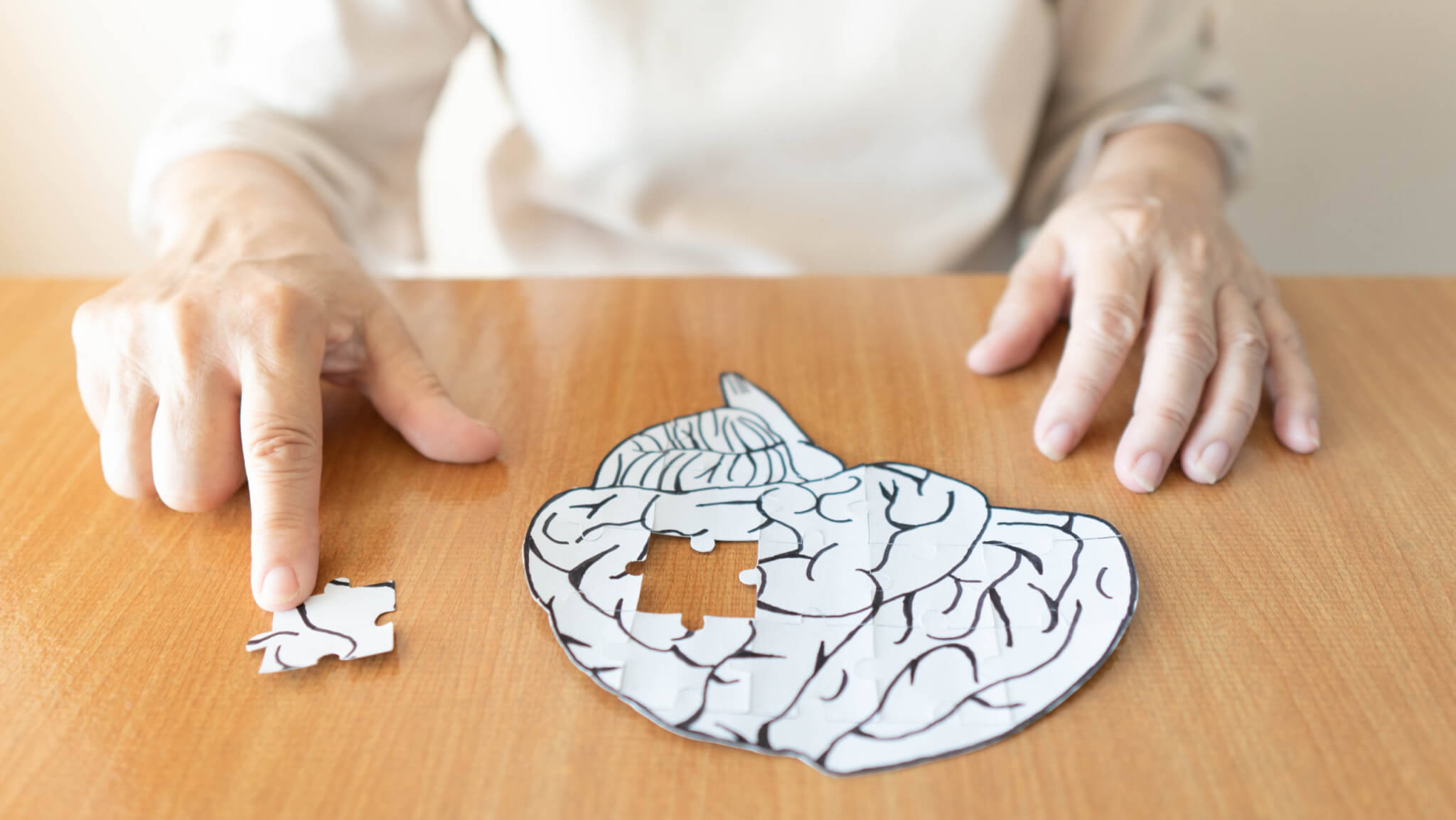It was recently reported that Wendy Williams, a former television talk show host, has been diagnosed with frontotemporal dementia (FTD) of the primary progressive aphasia type. Actor Bruce Willis was diagnosed with the same medical condition in February 2023. A diagnosis of dementia is frightening for any individual and those whose lives are touched by that person. However, learning more about dementia can ease those fears and help them cope.
Dementia is the loss of cognitive functioning — the ability to think, remember, or reason — to such an extent that it interferes with a person’s daily life and activities. Memory, language skills, visual perception, problem solving, self-management, and the ability to focus and pay attention are affected. Some people with dementia cannot control their emotions. Some have personality changes.
Dementia ranges from very mild, just beginning to affect functioning, to so severe that the person depends completely on others for basic activities of daily living (ADLs), such as hygiene and feeding.
Age is the top risk factor for developing dementia. The number of people living with dementia could double in the next 40 years as the number of Americans 65 and older increases to more than 88 million in 2050. Estimates show that this is also the segment of the American population which is growing the fastest.
Dementia is not the same as age-related cognitive decline
Age-related cognitive decline affects certain areas of thinking, memory, and information processing which slow with age, but intelligence is unchanged and memory loss is not disabling. Occasional forgetfulness is normal in elderly adults. While dementia is more common with advanced age, it is not an inevitable part of aging. Many people live into their nineties and older without any signs of dementia.
Signs and symptoms of dementia result when once-healthy neurons (nerve cells) in the brain stop working, lose connections with other brain cells, and die. While everyone loses some neurons as they age, people with dementia experience far greater losses.
Mild cognitive impairment (MCI) is a stage between normal cognitive changes that may occur with age and more serious symptoms that indicate dementia. MCI can lead to problems with thinking, judgment, memory, and language, but the loss does not significantly interfere with the ability to handle everyday living.
Symptoms of MCI include mild memory loss, difficulty with planning or organization, trouble finding words, frequently losing or misplacing things, and forgetting names, conversations, and events. Someone with MCI may be at greater risk of eventually developing Alzheimer’s or another type of dementia. Symptoms may remain stable for several years, and even improve over time in some people.
Many people with dementia have both Alzheimer’s disease and one or more related disorders. When a person is affected by more than one dementia, the disorder is referred to as mixed dementia.

How do frontotemporal disorders differ from other dementias?
Frontotemporal dementia (FTD) is caused by a family of neurodegenerative brain diseases. They primarily affect the frontal and temporal lobes of the brain, unlike the widespread wasting (atrophy) of brain tissue seen in Alzheimer’s disease.
Deteriorating nerve cells in the brain’s frontal lobes affect the ability to reason and make decisions, prioritize, multitask, control movement, and behave appropriately. Changes to the temporal lobes affect memory, the ability to understand language and recognize objects, and to recognize and respond to emotions.
The signs and symptoms vary widely among individuals as various parts of the brain are affected. Some people decline rapidly over two to three years; others show minimal changes for many years. Life expectancy after diagnosis is two to 10 years, with no way to predict an individual’s course. There is no treatment for reversing or curing frontotemporal disorders.
There are 2 main types of FTD
FTD is classified into two main types of syndromes: primary progressive aphasia (PPA) and behavioral variant frontotemporal dementia (bvFTD).
Primary progressive aphasia (PPA) is the type of FTD Wendy Williams and Bruce Willis have been diagnosed with. It is characterized by changes in the ability to speak, understand, and express thoughts and/or words, and to write and read. Problems with memory, reasoning, and judgment are not apparent at first but can develop and progress over time. Not all people with PPA will develop dementia.
Some patients with PPA cannot recognize familiar people and common objects. Others have increasing trouble producing speech and may eventually be unable to speak at all.
Behavioral variant frontotemporal dementia (bvFTD) is characterized by changes in behavior, judgment, and personality. Memory may stay intact. Affected individuals may do impulsive things that are out of character or may engage in repetitive, unusual behaviors. People with bvFTD may say or do inappropriate things or become uncaring. Over time, language and/or movement problems may occur.
Caregiving means taking care of caregivers too
When an individual is diagnosed with dementia, there is a ripple effect among the people whose lives are touched by that individual. Those closest to the individual, especially caregivers, along with family and friends, are affected most.
One of the most important messages caregivers can take from this is to care for yourselves and each other. It’s analogous to a crisis on a high-altitude jet flight – a parent puts on their own oxygen mask first, then their child’s mask.
Start by understanding the role of a caregiver. The National Institute on Aging provides several tips for those preparing to look after those battling dementia.
You might also be interested in:




Is it the virus or the mRNA vaccine??